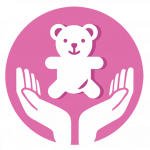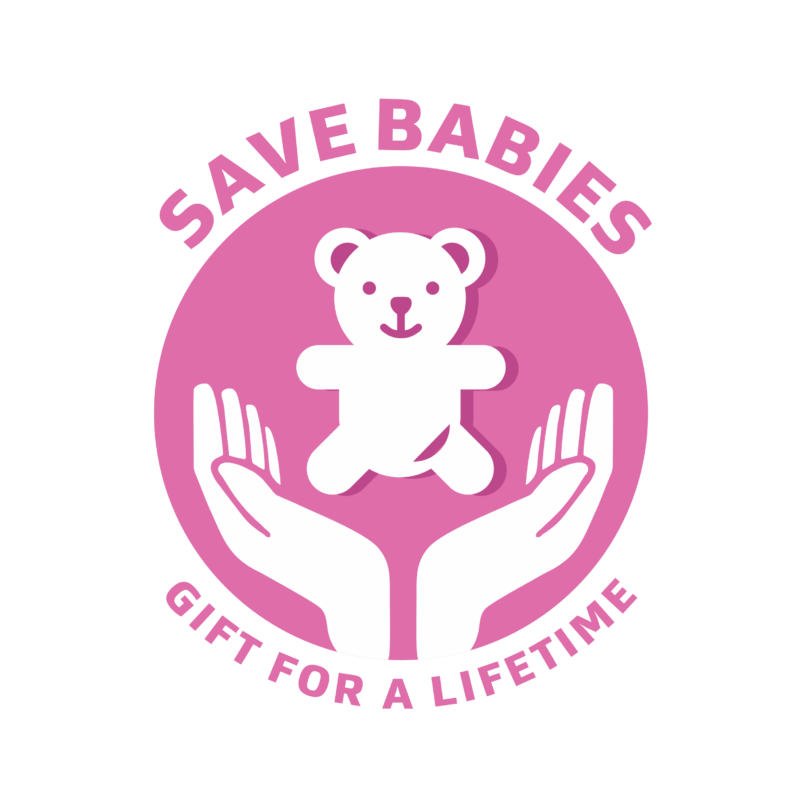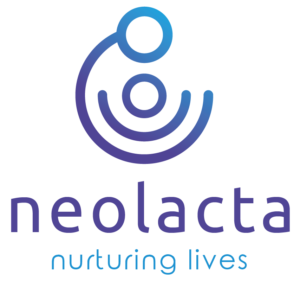Benefits of Milk Donation for
Donor Moms
Milk donation is a selfless act that not only supports the health and well-being of premature or ill
infants but also brings numerous benefits to the donor moms themselves. Let’s explore the
positive impacts of milk donation on donor moms' physical and emotional well-being.
Discover the Health Benefits of Milk
Donation for Donor Moms
Hormonal Balance
Donating breast milk helps in maintaining hormonal balance in donor
moms. Regular milk expression stimulates the release of oxytocin, a hormone that promotes
feelings of relaxation and reduces stress levels[^1].
Enhanced Milk Production
Engaging in regular milk expression, even beyond what your baby
requires, can boost milk production. This can be particularly beneficial for moms struggling with
low milk supply[^2].
Reduced Risk of Mastitis
Frequent milk expression reduces the risk of developing mastitis,
an inflammation of the breast tissue. By keeping the milk flowing, donor moms can avoid milk
accumulation and potential infection[^3].
Emotional Fulfillment
Knowing that your milk is contributing to the well-being of fragile infants
can bring a deep sense of satisfaction and purpose. Donor moms often report feeling
emotionally fulfilled and proud of their contribution[^4].
Faster Postpartum Recovery
Regular milk expression aids in shrinking the uterus to its pre-
pregnancy size more quickly. This can lead to a faster overall postpartum recovery for donor
moms[^5].
Increased Immunity
Breast milk donation requires healthy habits and a well-balanced diet.
This can enhance the immune system of donor moms, keeping them healthy and resilient[^6].
Community and Connection
Engaging in milk donation often introduces donor moms to a
supportive community of like-minded individuals who share a common goal. This sense of
connection can combat feelings of isolation and enhance well-being[^7].
References
-
1. Uvnäs-Moberg, K. (2017). Oxytocin The hormone of motherhood. Yale Journal of Biology and Medicine, 90(3), 491-496.
-
2. Prime, D. K., Garbin, C. P., & Hartmann, P. E. (2012) Continuation of breastfeeding and maternal well-being: "is it something to do with breastfeeding?". International Journal of Environmental Research and Public Health, 9(10), 3645-3664.
-
3. Amir, L. H. (2014). Academy of Breastfeeding Medicine Protocol Committee. ABM Clinical Protocol #4: Mastitis, revised March 2014. Breastfeeding Medicine, 9(5), 239-243.
-
4. Brown, C. R., Dodds, L., Legge, A., Bryanton, J., & Semenic, S. (2014). Factors influencing the reasons why mothers stop breastfeeding. Canadian Journal of Public Health, 105(3), e179-e185.
-
5. Riordan, J., & Wambach, K. (Eds.). (2019). Breastfeeding and Human Lactation (5th ed.). Jones & Bartlett Learning.
-
6. Ballard, O., & Morrow, A. L. (2013). Human milk composition: nutrients and bioactive factors. Pediatric Clinics, 60(1), 49-74.
-
7. Meier, P. P., Patel, A. L., Bigger, H. R., Rossman, B., & Engstrom, J. L. (2013). Supporting breastfeeding in the neonatal intensive care unit: Rush Mother's Milk Club as a case study of evidence-based care. Pediatric Clinics, 60(1), 209-226.
Milk donation is a beautiful way for donor moms to support the health and development of premature or ill infants. Beyond the impact on recipient babies, it brings a range of physical and emotional benefits to the donor moms themselves.
From hormonal balance to emotional fulfillment, the act of milk donation can have a positive and lasting effect on the lives of these selfless individuals.



